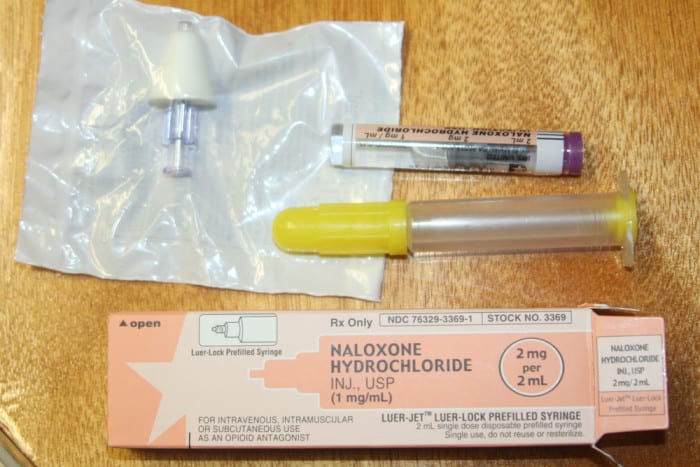A new 24-hour hotline will soon be available to Long Islanders battling addiction, bringing new hope to families struggling to overcome drug-related issues.
Suffolk County officials recently announced their hotline, which the Long Island Council on Alcoholism and Drug Dependence will run in order to direct callers to different resources in the area based upon their needs. It could launch by April.
While addiction is a growing issue that lawmakers have struggled to address, this hotline will become a new tool to combat it. We can see it assisting many people who previously would not have known where to turn. It could be particularly helpful because it will provide an easy route for a population that is often so isolated that they have trouble digging themselves out of the hole of addiction. Some have been pushed away by their families, or have only old friends who reinforce bad habits. But the hotline will be there in their moment of clarity, no matter the hour, to steer them toward the support they need.
Until the hotline launches a few weeks from now, there are other places to call for help:
• LICADD: 631-979-1700
• Response of Suffolk County 24-hour hotline: 631-751-7500
• Hope House Ministries: 631-978-0188
• Phoenix House’s Edward D. Miller substance abuse treatment center: 844-447-0310
• Samaritan Village’s Suffolk Outpatient Treatment Program: 631-351-7112
• St. Charles Hospital rehab program: 631-474-6233
This version removes an incorrect phone number.






